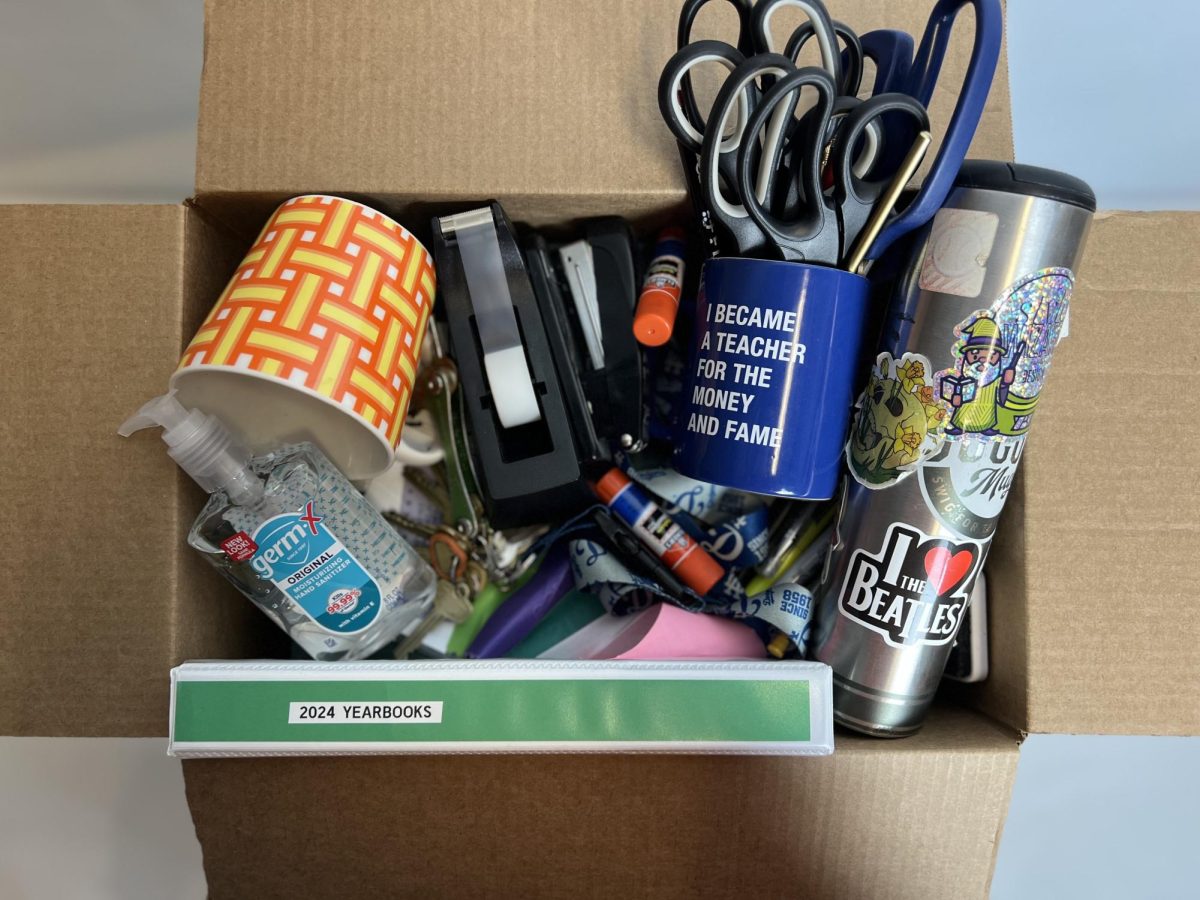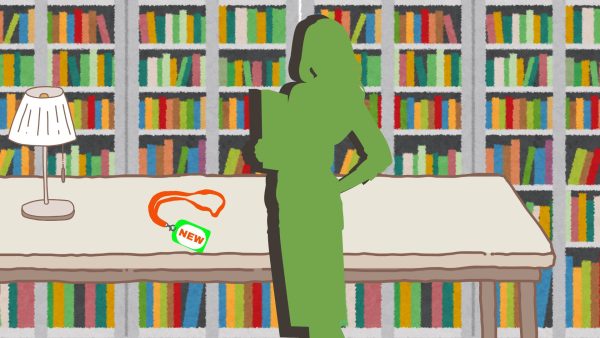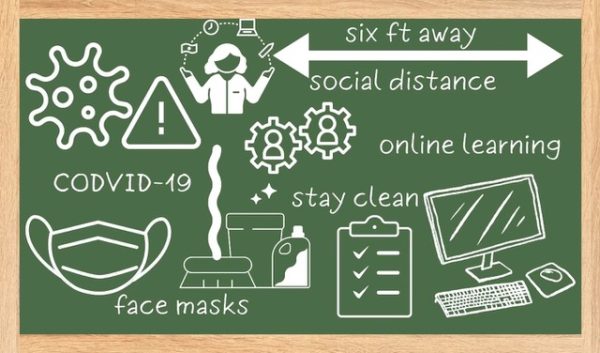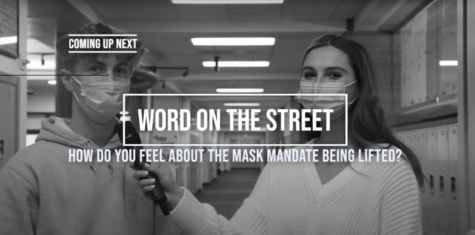How has COVID-19 affected students’ mental health?
As we roll into another year of the COVID-19 pandemic, restrictions are being lessened and businesses are reopening across the nation and around the world. Aside from maintaining physical and mental health and distributing vaccines, one of the main concerns during this pandemic has been schooling for children grades K-12. Having teens in school is beneficial for them to learn and have the opportunity to ask questions about required academic material. It’s also helpful for developing and retaining social and everyday skills.
During the pandemic, research has shown that structure is important for students because it pertains to a certain set of normalcy. Having a regular weekday routine can be beneficial because, for some students, having a schedule can lessen anxiety and stress. An article written by Child and Adolescent Behavioral Health talked about how the unpredictability of the future is one of the major stressors for students.
“Facing so many unknowns heightens anxiety,” the article explains. “Some amount of fear and worry is a normal reaction to this abnormal situation. If a person’s anxiety is so intense that it is disrupting the person’s ability to concentrate on other things, interferes with the person’s ability to sleep at night or causes the person to avoid engaging in the things that he or she needs to do, it may be necessary to seek help.”
Some students, like Niki Kelley, sophomore, are feeling a sense of relief after the adjustment into a new learning schedule that has been modified for the 2020-2021 school year.
“I would say I’m probably less stressed because we don’t have as many classes,” Kelley said. Even with the lessened classes and a new quarter system, (which is now three classes per quarter instead of six, as well as grading in a quarter system instead of by semester), data from the Journal of Medical Internet Research has shown that, of the 195 students of different ages that were asked about their mental health, 71% indicated an increase in stress and anxiety levels during the COVID-19 outbreak.
Another student, anonymous, junior, enjoys the freedom of her schedule, “Since I am doing fully online and have no Zoom calls it allows me to choose when I feel it is best to do my work, which is later in the day and gives me a lot of flexibility. By being online it gives me less anxiety from my peers and allows me to be in the comfort of my own house. I think that it has relieved a lot of stress for me since I can go at my own pace as well as communicate and get one-on-one time with my teachers that I possibly couldn’t get in school.”
The importance of following COVID-19 guidelines and reminding others to follow them is beneficial to keep cases from spreading in our community. After more than a year in the pandemic, people have found many interesting and effective ways to manage stress and keep emotions in check during these times.
An article written by the CDC has suggested a few ways to help reduce anxiety, including:
- Taking care of your body by: exercising, meditating, giving yourself a routine, try to eat healthy well balanced meals and to get plenty of sleep.
- Connecting with others: check in with your friends and family to see how they are doing, Giving yourself interactions can help you and your loved ones vent to one another or unwind and have a good time.
- Make time to unwind: remember to continue the activities you love and enjoy to keep yourself with a routine.
As some students return to school next week for hybrid learning, it’s necessary to remind students to keep up with news and changing guidelines, as well as pushing them to take care of themselves and their mental health. Check out the CDC website for more questions concerning community guidelines, as well as suggestions on how to cope with mental health struggles.
Your donation will support the student journalists of West Linn High School. Your contribution will allow us to continue to produce quality content by purchasing equipment, software, and continuing to host our website on School Newspapers Online (SNO).

Sydney McCrone, senior, is the Social Media editor for wlhsNOW.com, and has been channeling her love of writing since her freshman year. When she is...

When she's not writing for wlhsNOW.com and the Amplifier, Karina Rower, senior, enjoys working to promote diversity with Affinity Club and volunteering...


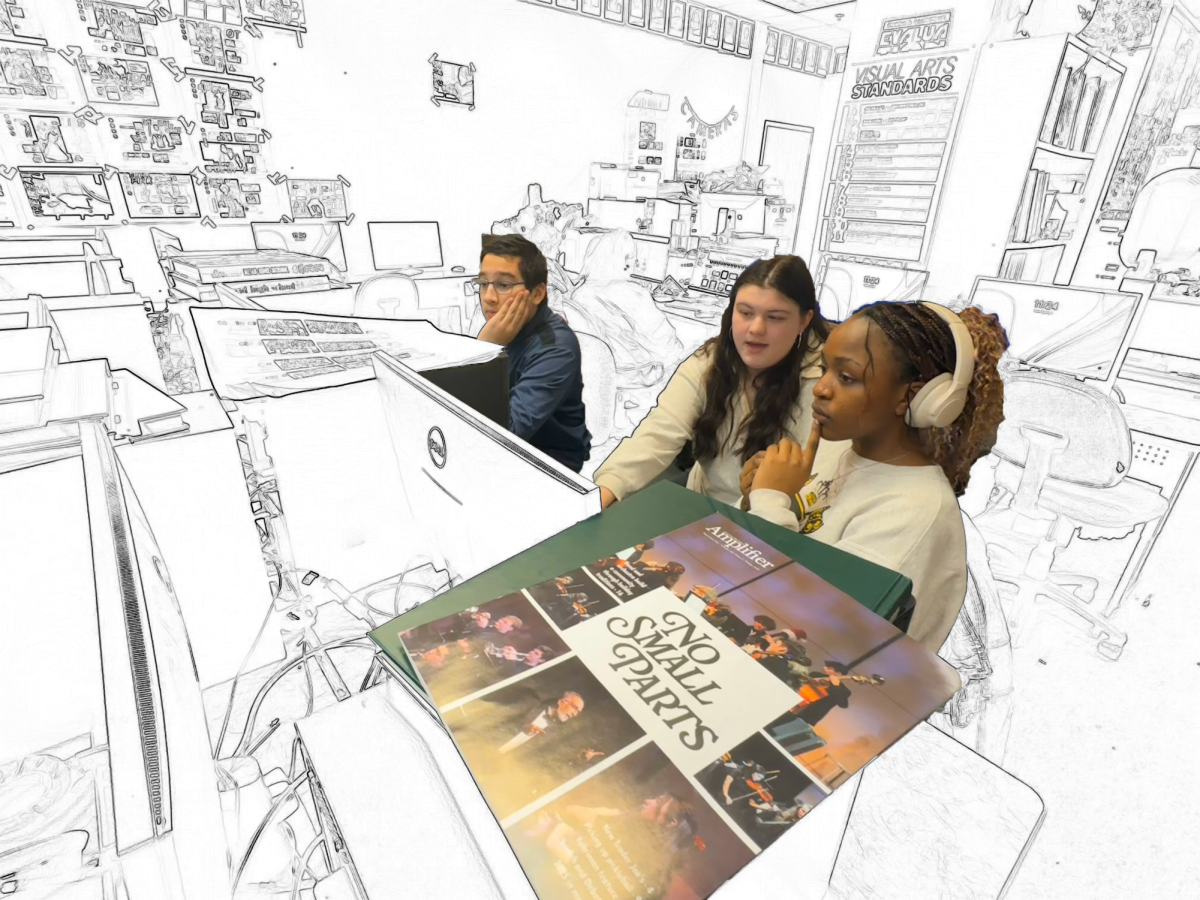


![Reaching out. Christopher Lesh, student at Central Catholic High School, serves ice cream during the event on March 2, 2025, at the Portland waterfront. Central Catholic was just one of the schools that sent student volunteers out to cook, prepare, dish, and serve food. Interact club’s co-president Rachel Gerber, junior, plated the food during the event. “I like how direct the contact is,” Gerber said. “You’re there [and] you’re just doing something good. It’s simple, it’s easy, you can feel good about it.”](https://wlhsnow.com/wp-content/uploads/2025/03/interact-1-edited-1200x744.jpg)



















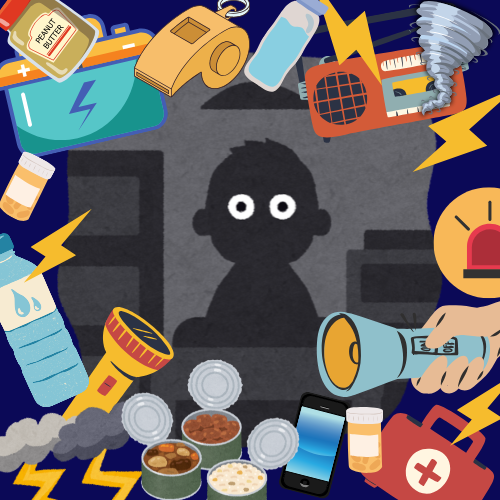
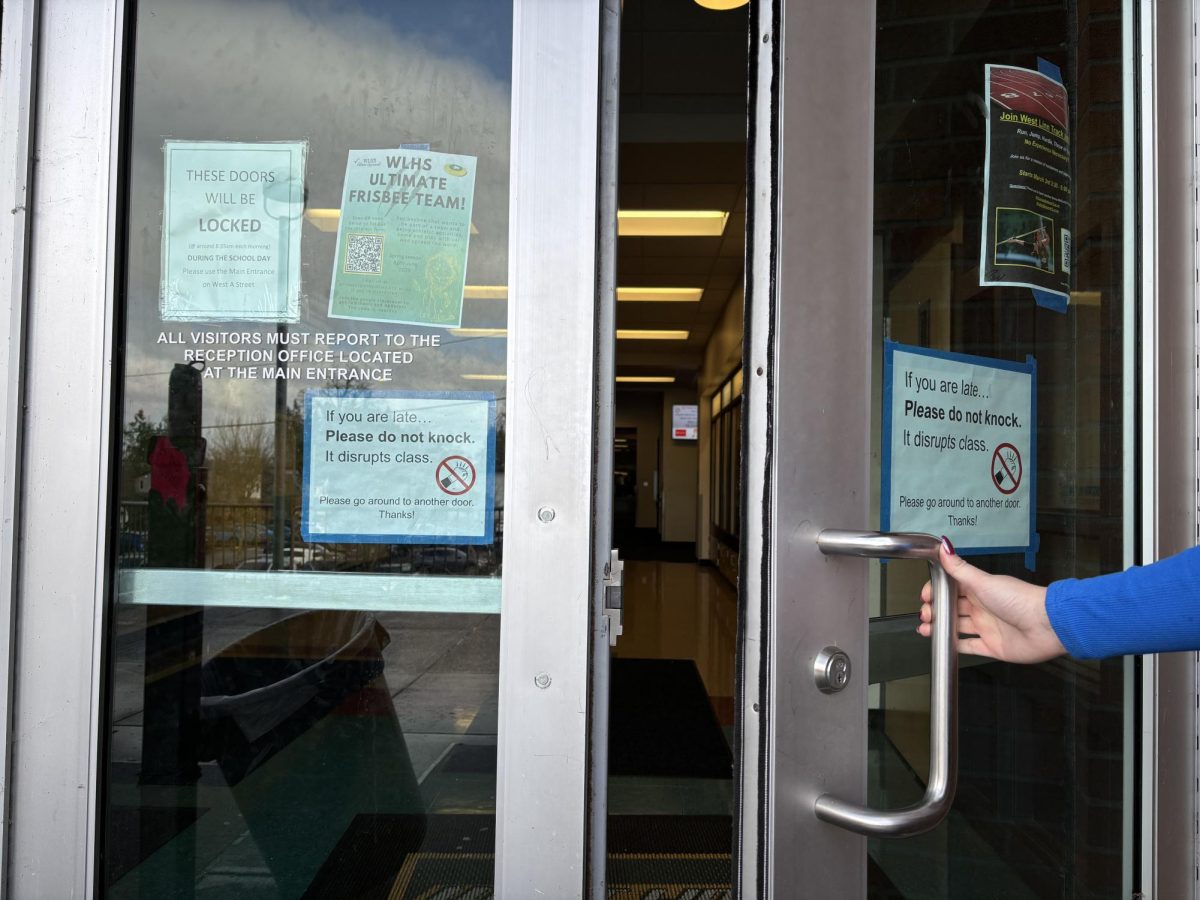


































![At the bottom of the third inning, the Lions are still scoreless. Rowe stands at home plate, preparing to bat, while Vandenbrink stands off to the side as the next batter up. Despite having the bases loaded, the team was unable to score any runs. “It’s just the beginning of the season. We’re just going to be playing out best by June, [and] that’s where champions are,” Rowe said.](https://wlhsnow.com/wp-content/uploads/2024/03/IMG_3077-1200x900.jpg)































